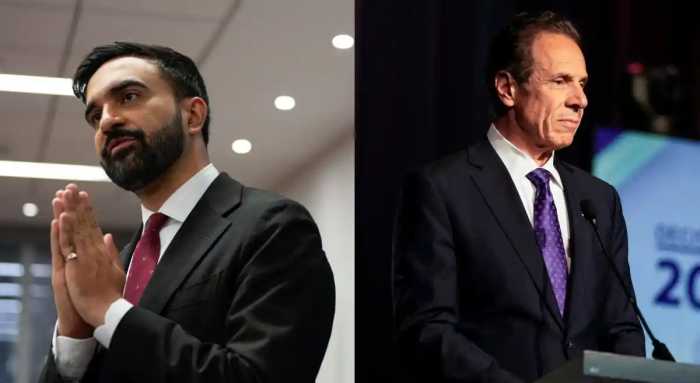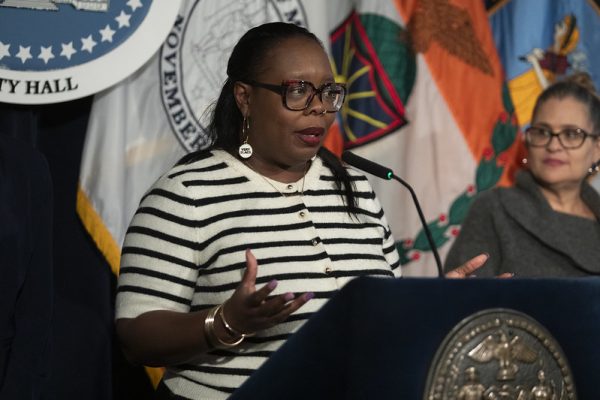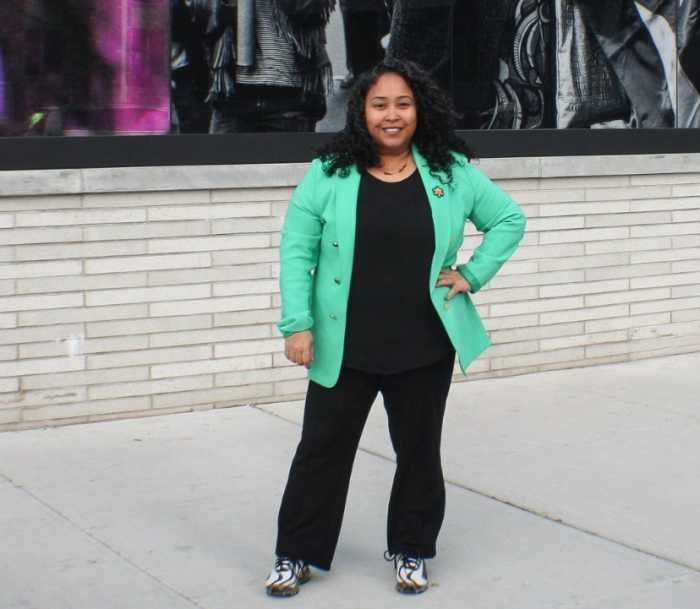New Yorkers approved five of the six ballot proposals that came before Big Apple voters on Tuesday, including a measure to enshrine abortion rights in the State Constitution and changes to the City Charter that could give the mayor a bigger hand in the City Council’s lawmaking process.
Empire State voters passed Proposition 1 — also known as the Equal Rights Amendment (ERA) — by a 22% vote margin, with 57% voting in favor of the measure, 35% voting against it and another 8% leaving it blank.
In addition to formally protecting abortion rights in New York, the ERA will add explicit protections against government discrimination to the State Constitution for several other vulnerable groups as well. Those include an individual’s ethnicity, national origin, age, sexual orientation, gender, and pregnancy status.
The proposal, which state lawmakers advanced through two legislative sessions following the US Supreme Court’s 2022 decision overturning Roe vs. Wade, overcame a last-minute but hard-charging effort among state Republicans to derail it.
“We’re in a moment when 21 states have banned abortion. Birth control, IVF, and LGBTQ+ rights are under attack. With the passage of Prop 1, New York now has some of the strongest protections in the country to ensure the safety and freedom of all New Yorkers,” said Sasha Ahuja, campaign director of New Yorkers for Equal Rights, in a statement.
City prop wins for mayor
Within the five boroughs, Mayor Eric Adams notched a major win as city residents approved four of the five ballot proposals advanced by a City Charter Revision Commission that he called earlier this year.
The five proposals passed with solid majorities between 55% and 60%. Proposals 3 and 4 in particular would give City Hall a greater hand in the council’s lawmaking process.
Despite efforts by the council and advocates to sway voters against approving the mayor’s proposals, those attempts were unsuccessful
Proposal 3 mandates that the council produce a cost estimate for a bill twice, instead of once, before voting on it and allows the mayor’s budget office to produce its own cost assessments for legislation at both points of the process. Proposition 4 requires the council to provide 30 days of public notice prior to voting on legislation affecting the city’s public safety agencies, which include the NYPD, Fire Department, and Department of Correction.
It would also give the mayor and the affected agency the power to hold their own public hearings on the bills.
The other two proposals that passed—Propositions 2 and 5—would expand the Sanitation Department’s authority over city-owned property, including parks and highway medians, and institute reforms to the city’s process for planning large infrastructure updates.
The only measure that did not pass was Proposition 6, which would have made a few unrelated changes. Those included formalizing the role of Chief Business Diversity Officer, who oversees City Hall’s Minority and Women-Owned Businesses program, and giving the mayor authority to allow employees of their office of Media and Entertainment to issue filming permits.
Lastly, it would have consolidated two separate boards that handle city archives.

























